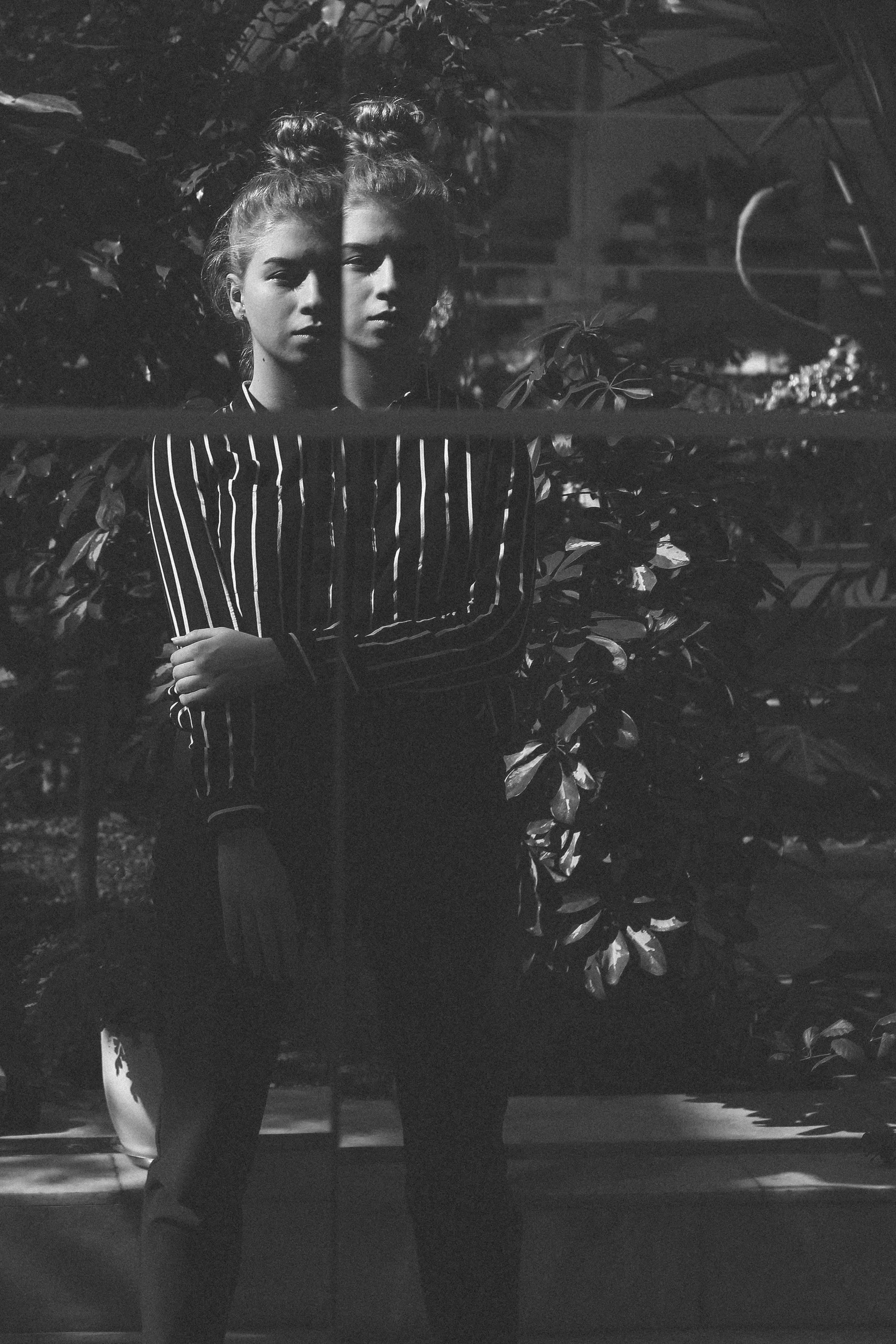You Don’t Look Sick: Living with an Invisible Disability
Photo by Arteeem
When I first became aware of disabilities, images of wheelchairs, white canes, and sign language came to mind. I never thought of invisible disabilities until I went to graduate school for clinical social work. Mental or physical illnesses that you can’t see which are just as impactful on people’s lives as visible disabilities. Learning about these was important knowledge to obtain. I never thought that what I was learning was going to impact me so immediately and directly. Until it was, I’m a therapist and now I have an invisible disability.
My journey with an invisible disability began several years ago. I was diagnosed with fibromyalgia, a chronic condition characterized by widespread pain and fatigue. I don’t use a wheelchair or crutches and I look healthy on the outside. This invisibility has led to numerous misunderstandings and challenges for me because I face a lack of recognition. Our society tends to validate disabilities that have physical manifestations. So those of us with invisible disabilities often encounter skepticism or outright disbelief. I've lost count of how many times I've been told, "But you don't look sick." These words, though often well-meaning, invalidate my experience and exacerbate my feelings of isolation.
Photo by Renee Thompson
On a typical day, I struggle with concentration and memory due to the neurological aspects of my condition. This makes it challenging to maintain employment and perform daily tasks. Social interactions can be exhausting, and the unpredictable nature of my condition means that I have good days and bad days. Maintaining a consistent routine is often impossible at times because I have flare ups. When I was working a more routine job, I was often met with resistance and suspicion from my supervisor. Colleagues frequently question the legitimacy of my condition because I don't "look sick." This lack of recognition and support makes me feel isolated and undervalued, exacerbating my symptoms and impacting my mental health. I have to admit, sometimes I carry a lot of shame around this.
The stigma surrounding invisible disabilities is particularly harmful. We face double discrimination: one from our disability and another from the lack of visible signs. This can lead to depression and anxiety. Societal disbelief erodes our self-esteem and fosters feelings of inadequacy. The fear of being judged or not believed often prevents us from seeking the help we need, further compounding our struggles.
Photo by Sydney Sims
Raising awareness about invisible disabilities is crucial in fostering understanding and support. Education plays a vital role in dismantling stereotypes and misconceptions. By learning about the diverse range of invisible disabilities, people can better empathize with those affected. This empathy is a foundation for creating inclusive environments, whether in the workplace, schools, or social settings.
You can support people by:
Believing and Validating people when they choose to disclose.
Educate Yourself and Others if they are ignorant. Raising awareness and understanding is important.
Offer Support : listening to someone makes a difference.
If you are a supervisor or employer, promote flexibility. People with invisible disabilities may need flexible schedules or work-from-home options. Flexibility can be crucial in managing their conditions. Don’t make it difficult, the ADA is there for reasonable accommodations in workplaces.
One last thing, I’m glad I finally have an employer that understands this and I'm choosing to exercise my privilege not to disclose because I’m still learning about this illness, with the possibility of having other autoimmune disorders. It’s been a lot to manage. Writing this blog post has been healing. I hope you can understand. I’m doing the best I can.
To everyone who has ever felt invalidated or invisible, remember that your experiences are real, and your struggles are valid. You are not alone.
A therapist at Liberation-Based Therapy.
Our therapists reflect the community we serve. We are continuing to diversify our therapists to meet our communities needs.



